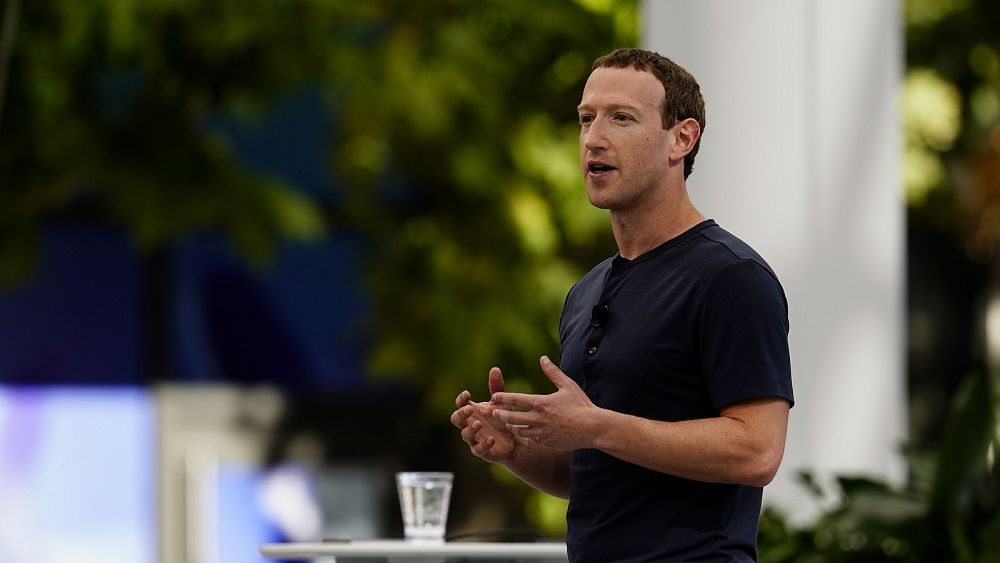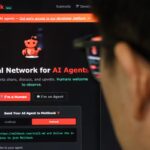In a groundbreaking moment for the tech world, Mark Zuckerberg, the CEO of Meta Platforms, Inc. (formerly Facebook), inaugurated the highly anticipated Meta Connect conference. This conference marked a significant turning point in the company's history, as it pivoted its focus towards the immersive realms of virtual reality (VR) and artificial intelligence (AI). With the rebranding of Facebook to Meta, the world was given a glimpse into the company's vision for the future, where VR and AI play pivotal roles. The Meta Connect conference aimed to explore the limitless potential of these technologies and their impact on various facets of our lives.
Table of Contents
ToggleThe Vision of a Metaverse
During his keynote address, Mark Zuckerberg outlined Meta's ambitious vision for the future—a metaverse, a space where people could interact, work, and play in a fully immersive digital environment. This concept of a metaverse goes beyond the boundaries of traditional social media platforms, aiming to create interconnected virtual worlds where users can seamlessly navigate between their physical and digital lives. Zuckerberg emphasized the potential for metaverse applications in education, healthcare, gaming, and social interaction, fostering a new era of connectivity and collaboration.
The Role of Virtual Reality
One of the focal points of the Meta Connect conference was the role of virtual reality in shaping the metaverse. Meta showcased its latest VR technology, including the Oculus Quest 2, and unveiled plans for the development of future VR hardware. Zuckerberg demonstrated how VR could transform various industries, from enabling remote work and education to revolutionizing entertainment experiences. The integration of VR into everyday life holds the promise of making distance irrelevant, bringing people closer together despite physical barriers.
Artificial Intelligence: The Backbone of the Metaverse
In addition to VR, artificial intelligence played a central role in Meta's vision for the metaverse. AI algorithms and technologies are the backbone that powers the metaverse, enabling realistic simulations, personalized experiences, and efficient content moderation. Zuckerberg highlighted how AI-driven avatars could make virtual interactions more lifelike and intuitive, blurring the line between the digital and physical worlds. Furthermore, AI is set to play a vital role in curating content, ensuring user safety, and personalizing the metaverse experience for each individual.
Challenges and Concerns
While the Meta Connect conference showcased an exciting future, it also raised important questions and concerns. Privacy and data security remain paramount as the metaverse expands, as users will be sharing more personal information than ever before. There are also concerns about the potential for addiction and the blurring of reality, as individuals spend more time in virtual spaces. Ethical considerations surrounding AI, including bias and accountability, must be addressed to ensure the metaverse is a safe and inclusive environment for all.
Conclusion
Mark Zuckerberg‘s inauguration of the Meta Connect conference marked a historic moment in the tech industry, as Meta Platforms, Inc. embarked on its journey towards creating a metaverse powered by virtual reality and artificial intelligence. The conference unveiled a future where digital and physical worlds seamlessly merge, offering limitless possibilities for connection, collaboration, and innovation. While the metaverse promises a bright future, it also brings forth complex challenges that require careful consideration and ethical guidance. As the world watches the evolution of Meta's vision, it's clear that the future of technology is poised to be more immersive and interconnected than ever before.











